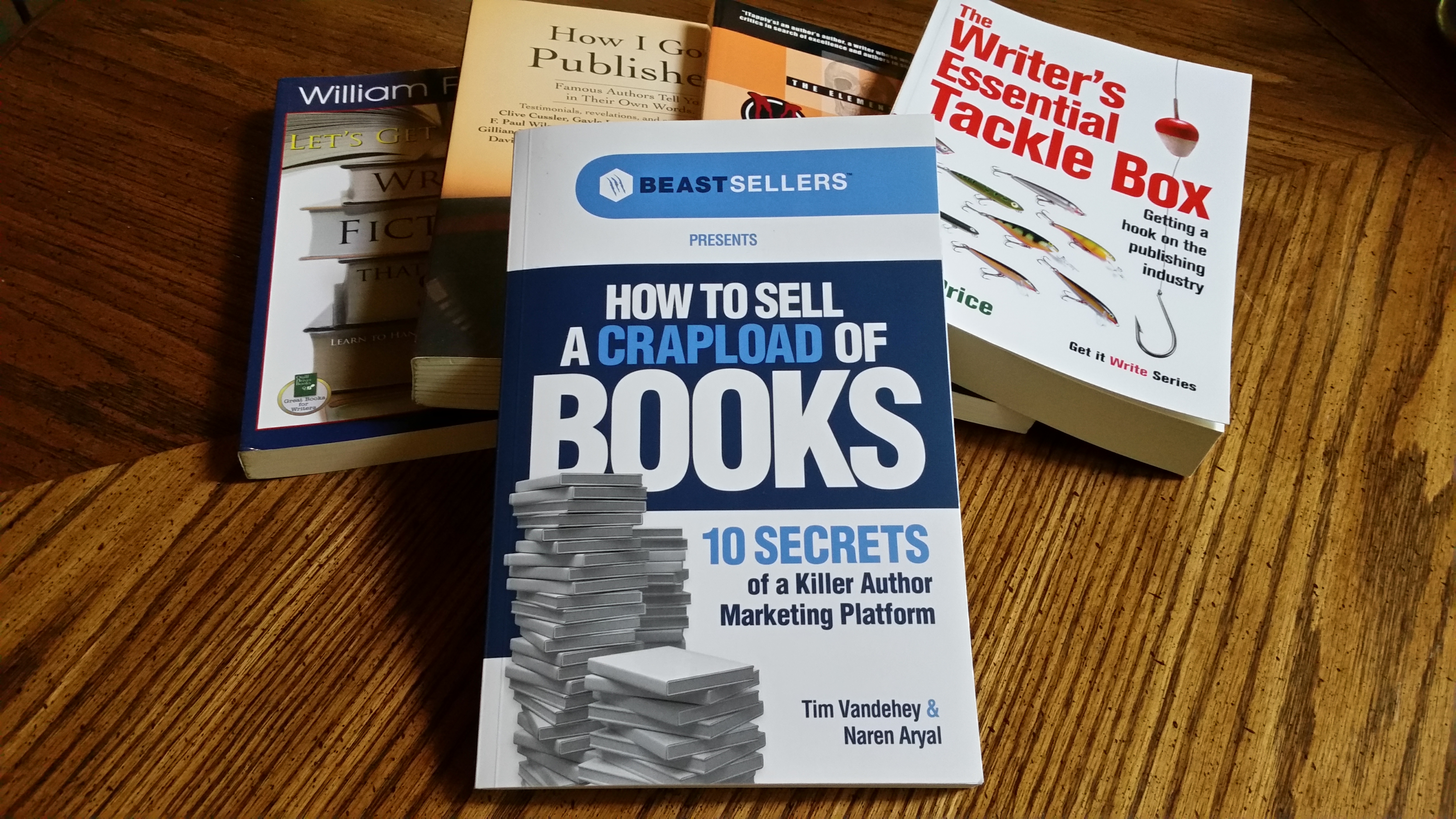This blog spawns from a series of discussions I had over the past few months with newbie writers. None had published anything; all had grand dreams of hitting that ball out of the park, a home run the first time out. I can belabor the baseball metaphor endlessly, but let us put it aside. Time to bring baseball and publishing expectations together.
What I mean by not swinging at pitches in the dirt is that the ball is out of play as soon as it gets dirty. Any player who would swing at something hoping for a hit would strike at the ball, but nothing would happen.
The same thing happens with writers. We all know we have a great book in us. We all know it will be a best seller and that we’ll enjoy fame and fortune while we whisk out our next great opus. If wishes were Porsches, Betsy would drive like a queen.
I was working with several new writers who all wanted to write the next great American novel. I hope one of them will, but it won’t be the stuff dreams are made of. (Sorry, Bogie, couldn’t resist the last line from The Maltese Falcon.) Writing, to quote my friend Brad Parks, is hard flipping work. I asked these writers what their typical writing day was in order to judge the seriousness of their hopes. Only one wrote every day. Some thought about writing every day but never found time to sit and actually write. No matter that I shared they could find twenty minutes daily to put something on paper. No matter that if they wrote 250 words a day they’d have a novel-length draft done in a year. “A year,” moaned one man. “I can’t wait a year to have a successful novel.”
And you won’t if you don’t et started, but I bit my tongue and didn’t say that. That same man wanted to know what the ROI was on writing a novel. He wanted to know what profit a book could make. If he churned out two books a year, “Could I make a minimum of $70,000?” Maybe, but not likely. Even less likely when you listen closely to “churning” out books. We’re not making butter here.
I gave a workshop with my publisher, John Koehler, at the Virginia Writers Club Symposium on what to expect when you get ready to publish. We covered getting an agent, keeping an agent, finding a publisher, self-publishing, and the dreaded public relations/marketing. We didn’t hold anything back. We tried not to be downers, but we focused on honesty. Not everyone who publishes a novel makes enough money to live on. Would that we could, but most, if not all, of us need a primary source of income while we get started. Or for our entire careers.
Publishing is not for the faint of heart. I always ask newbies what their audience is for their books. If they are honest and say “friends and family” first, then they should self-publish and promote their books accordingly. If they think their book might have commercial appeal, then they have other options. It all comes down to numbers, and these have nothing to do with royalty streams.
Before you decide whether you want to go the traditional route and seek an agent or self publish, you might try this.
- Take your age and add three to five years to it to learn your craft and get a decent manuscript ready.
- Add two or three years to find an agent.
- Add two or three years for your agent to sell the book.
- Add another one to two years once the book is sold before it is published, longer if you are seeking a print contract. In that case, add another year or two.
That’s 8 to 10 years before you have your book in print, maybe longer. AND THEN YOU’RE GOING TO HAVE TO DO MUCH OF THE MARKETING AND PROMOTING YOURSELF. Sorry to shout, but this is the kicker most writers hate. Publishers don’t spend much on promoting debut authors. If you don’t hit a home run immediately, they lose interest and there goes your next deal.
Even with this, writers continue to take chances and write because they can’t stop writing. More power to you. Knowing that the on deck circle is the only place you can dream of that game-winning homer, you go back to your keyboard and try again. I’m proud of you for sticking to your dream.
I hope I haven’t punctured your dream too much. Know what will be expected of you. Know what to expect of yourself. And put that butt in your chair, fingers on your keyboard, and get out of the way of your story. Who knows, you may be the next National Book Award winner in fiction. Go for the dream. Just don’t swing at pitches in the dirt.





0 Comments